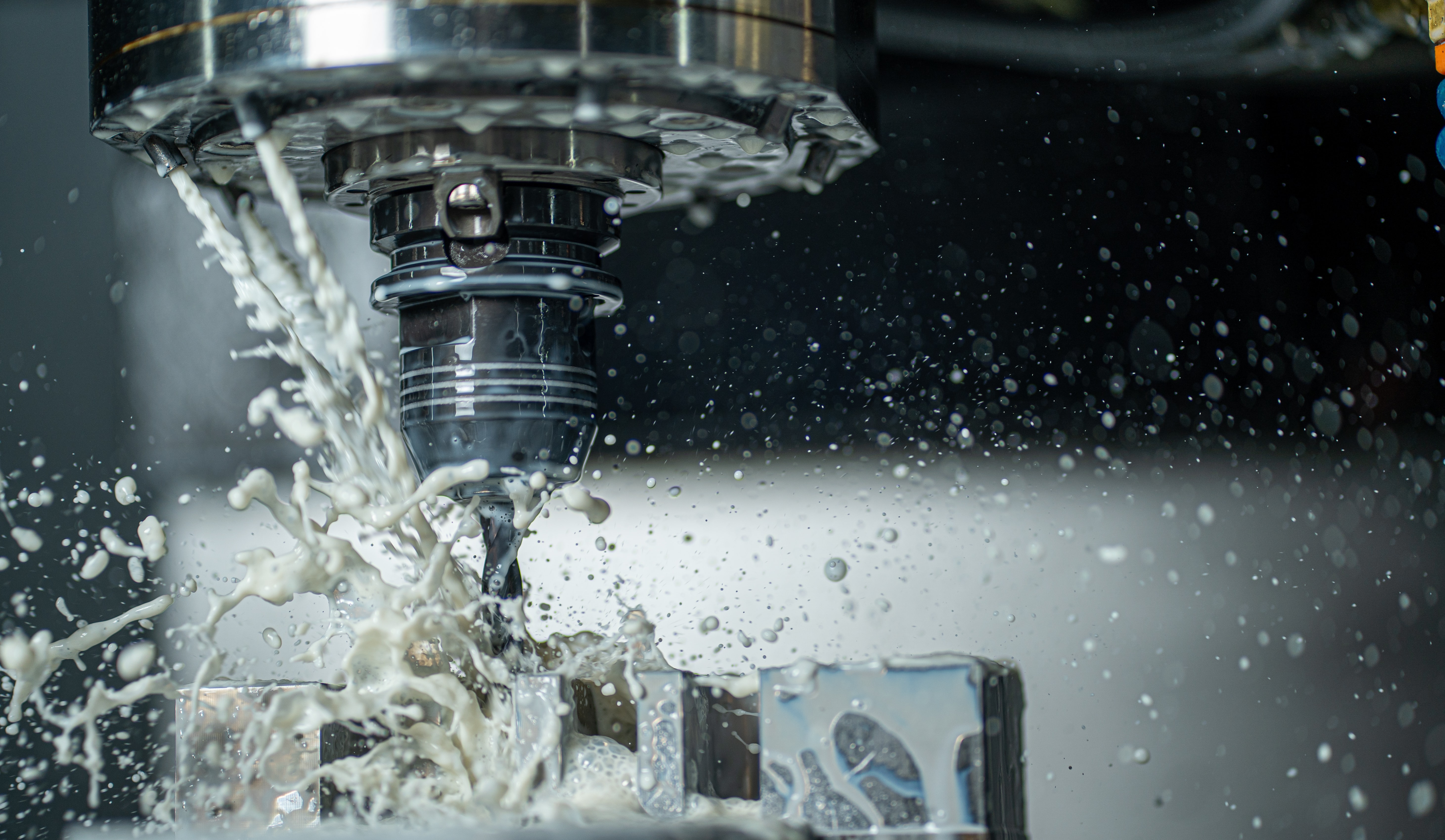ME338 - Manufacturing Processes II

Instructor
Prof. Pradeep Dixit
Section
S3
Semester
Autumn ‘20
Course Difficulty
The course was involved several theoretical aspects that had to be known properly before attempting numericals, hence it was tedious. However, the numericals given were generally easy. The main difficulty faced by students was the fact that the quizzes had negative marks for theory based MCQs. These MCQs were scoring only if the theoretical concepts were very clear.
Time Commitment Required
Around 3 hours per week apart from classes
Grading Policy and Statistics
The grading policy was the normal bell curve (on the stringent side). It followed the relative grading rule of scaling your total score with respect the highest total score.
Attendance Policy
Although it was in an online, sir expected people to attend class and would personally contact you if you were consistently absent.
Pre-requisites
A good grasp on Manufacturing Processes I will be good enough. Apart from that, basic force balance knowledge and good visualisation skills will definitely be handy.
Evaluation Scheme
Quizzes (best 8 out of 11): 30%
Assignments (to be done in a group): 10%
Course project (done in the same group): 10%
Endsem: 50%
Topics Covered in the Course
The first part of the course covered the processes of cutting and shaping with special focus on the forces, chip sizes and tool geometry. Then it moved onto optimizing the cost of production and the machining time. This was followed by modern machining techniques (Electro jet machining, ultrasonic machining and other chemical and thermal methods). Lastly, basic quality control techniques were covered. Due to less time, topics like jigs and fixtures were scrapped from the syllabus.
Teaching Style
Sir used slides and covered a lot of content orally so it became very important to either attend classes or at least watch the recordings. Sir would annotate the pdfs to explain concepts but would erase them before uploading the slides, that made it all the more important to watch/attend lectures. For those who attended classes, sir would randomly ask questions so it was important to stay focussed in class.
Tutorials/Assignments/Projects
There were no tutorials so all the practice was either through in slide questions or through the assignments that were given to us. The assignments were lengthy but since we could do it in a group, dividing and conquering was the way forward. For the projects, sir gave us an option to either perform simulations or do a literature review. Sir was very particular about the way the slides were presented and wanted more images and less text (also do put in page numbers). After the presentation, he would ask questions to each group member in order to ensure that everyone played a part in making the presentation.
Feedback on Exams
Quizzes (MS forms):
The quizzes were earlier unannounced and would be a surprise. In the first half of the course, each question (MCQ/numerical type, etc.) had negative marking and this coupled with less time would result in a poor class average. However, later on, sir agreed to limit the negative marks to MCQs only and also gave us extra time. This was however at the cost of additional class time (would extend into the lunch break). We were allowed to refer to slides.
Endsem:
The endsem was closed notes and we were only allowed a cheat sheet. The questions were lengthy and were either 5 marks or 10 marks. Reading the prescribed book would definitely help score well in the endsems. However, beware of calculation errors.
Course Highlights
The course allowed students to understand the old as well as modern manufacturing techniques. It showed how manufacturing has several other aspects associated with it (like force analysis, cost analysis and so on).
Course Importance
The course is useful for anyone who is inclined towards pursuing manufacturing as a profession. The cost and quality analysis definitely helps in courses like ME308 and is also widely using in industries like the fast moving consumer good (FMCG) industries.
Going Forward
Specific courses in manufacturing listed under CIM electives would definitely have these preliminary courses as prerequisites.
References Used
Manufacturing Science: Book by Amitabha Ghosh and Asok Kumar Mallik
Other Remarks
None
Interesting relevant links
None
ME 338 Review By: Bhavini Jeloka